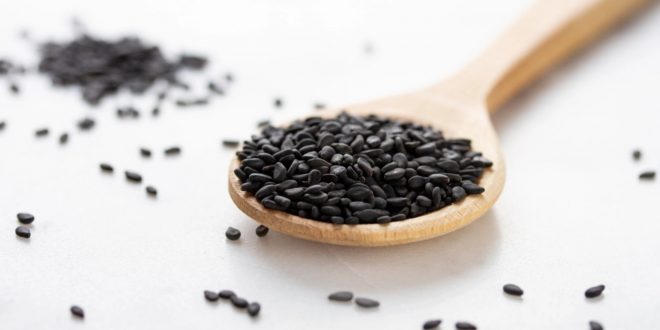Chinese auto chip maker Black Sesame recently filed to go public in Hong Kong, providing a glimpse into the business prospects and challenges of an industry that’s becoming increasingly important amid an autonomous driving boom and China’s semiconductor independence.
Black Sesame, founded by Bosch and OmniVision alumni, could challenge Nvidia, Qualcomm, and NXP Semiconductors in the auto chip market. Over the past three years, the seven-year-old company’s revenue has grown but its losses have increased. Then, can Black Sesame keep funding R&D until it’s profitable?
Black Sesame, an Nvidia competitor, makes SoCs for autonomous driving and other intelligent car functions. The Huashan A1000 Pro, designed for Level 3 autonomous driving, has 160+ TOPS, a computing power unit. It’s also developing a version with 200+ TOPS to match Nvidia’s Drive Orin, which has 254 TOPS and is in production.
Black Sesame helps China develop auto chips, but its products depend on global supply chains. It manufactures SoCs with TSMC. Because the U.S. wants to stop TSMC from manufacturing for certain Chinese chip design firms, especially high-end ones, its production is vulnerable.
According to the prospectus, international trade policies, geopolitics, and trade protection measures, including trade restrictions and sanctions, could adversely affect Black Sesame’s ability to receive supplies from the fab.
Third-party IPs power the company’s chips’ core parts. These IPs may be affected by the U.S.-China semiconductor war.
Losses rising
Black Sesame’s revenue tripled from 53 million yuan ($7.33 million) to 165.4 million yuan between 2020 and 2022, but its losses increased to 1 billion yuan ($140 million) in 2022, up 200% from 293 million in 2020. As it “expands” its business and invests heavily in R&D, it expects losses to “significantly” increase this year. R&D costs reached 764.1 million yuan ($106 million) in 2022.
Nvidia had 65% gross profit in 2022, while it had 29.4%.
According to Crunchbase data, Black Sesame has raised $115 million from outside investors like Nio Capital, the founder’s venture fund, a state-owned Dongfeng Motor investment vehicle, and Bosch’s China-focused fund Boyuan. The company had $140 million in assets and a 24-month runway in 2022.
Black Sesame, which makes automotive SoCs, receives government grants and tax incentives. If these benefits ended, it could lose significant funding.
Last year, its largest customer contributed 43.5% of its revenue. FAW Group, Dongfeng, JAC, HYCAN, ECARX, Baidu, Bosch, ZF Group, and Marelli are among its 30 OEMs and Tier 1 suppliers.
 Tech Gadget Central Latest Tech News and Reviews
Tech Gadget Central Latest Tech News and Reviews




